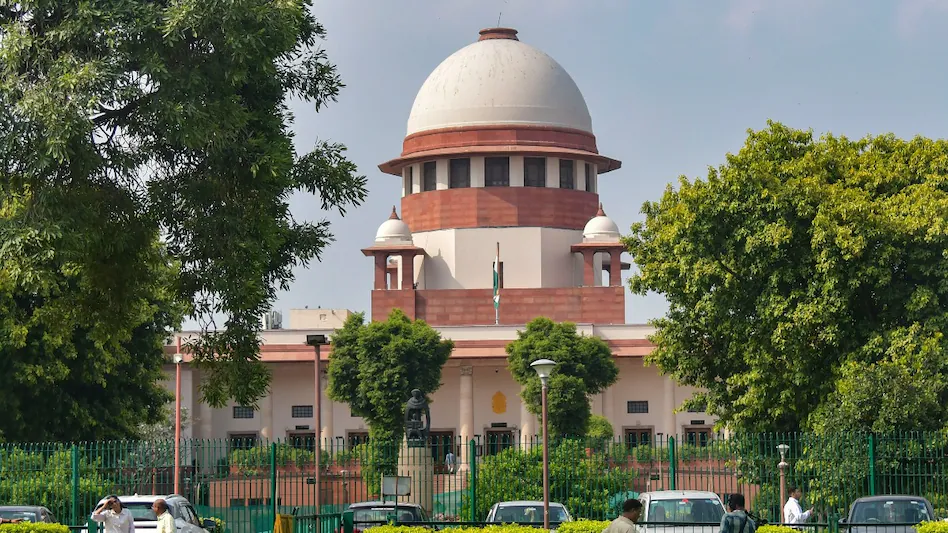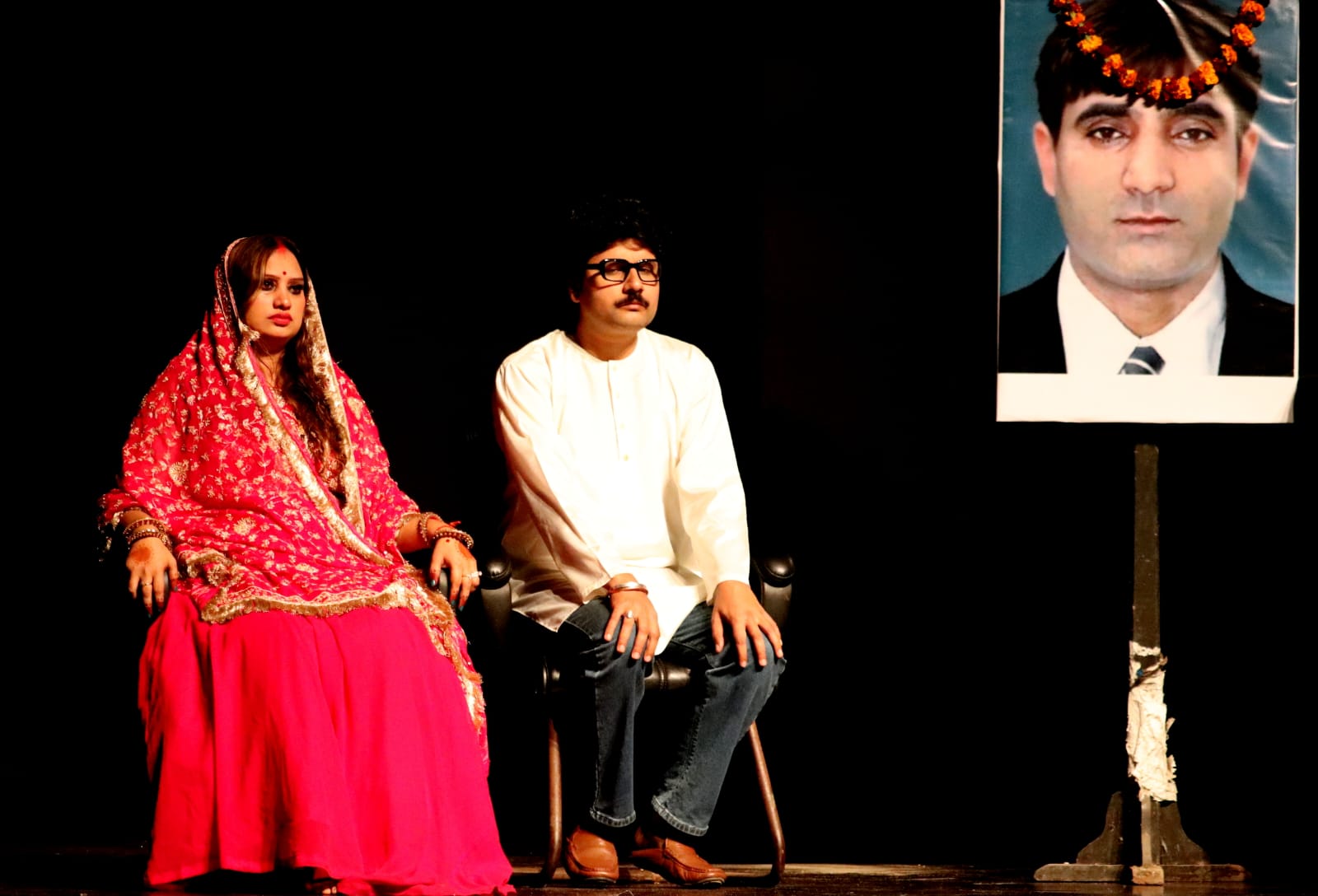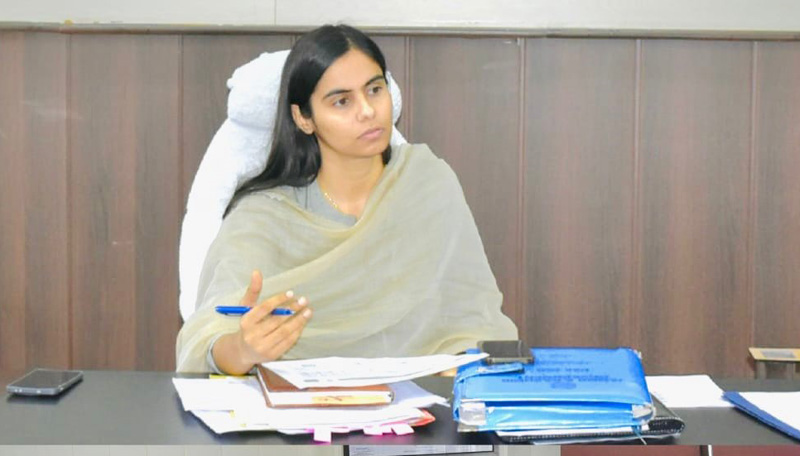NEW DELHI: The Election Commission (EC) has informed the Supreme Court that any directive to conduct Special Intensive Revision (SIR) of electoral rolls at regular intervals nationwide would “encroach” upon its exclusive jurisdiction.
In a counter-affidavit filed in the apex court, the EC asserted that it holds “complete discretion” over revision policies, excluding any other authority. It highlighted that, through its July 5, 2025, letter to all chief electoral officers (CEOs) except Bihar, it directed the immediate initiation of pre-revision activities for SIR of electoral rolls, with January 1, 2026, as the qualifying date.
The affidavit emphasized that the EC is constitutionally and statutorily empowered to oversee electoral roll preparation and revision. “Any direction to conduct a ‘SIR’ at regular intervals throughout the country would encroach upon the exclusive jurisdiction of the ECI,” it said.
The affidavit responds to a plea by advocate Ashwini Kumar Upadhyay, who sought a court directive for regular SIR exercises across India, particularly before elections, to ensure only Indian citizens participate in the democratic process.
Earlier, on September 8, the Supreme Court directed that Aadhaar must be accepted as identity proof for the SIR exercise in Bihar, with implementation by September 9.
The EC’s affidavit cited Article 324 of the Constitution, which vests the commission with superintendence, direction, and control over the preparation of electoral rolls and conduct of all parliamentary and state legislature elections. The EC said this provision forms the foundation of its plenary authority and has been consistently interpreted by the Supreme Court to confer comprehensive powers over electoral rolls and elections, even where statutory guidance is absent or limited.
Referring to the Representation of the People Act, 1950, and the Registration of Electors Rules, 1960, the EC stated that it alone decides whether an intensive or summary revision is appropriate based on prevailing circumstances. Section 21 of the Act allows the commission discretion over timing, requiring revisions only before general, assembly, or bye-elections. Similarly, Rule 25 of the 1960 Rules leaves the decision to conduct summary or intensive revisions to the EC.
The affidavit stressed that the commission is committed to maintaining the integrity of electoral rolls and, under its statutory powers, decided to conduct SIR in various states as outlined in its June 24, 2025, order. The July 5 letter also announced a conference of all state and UT CEOs in New Delhi on September 10.
The Supreme Court clarified on September 8 that while Aadhaar would be accepted as an identity document, it will not serve as proof of citizenship. The court also noted that the EC can verify the authenticity of submitted Aadhaar numbers for electoral inclusion.
The SIR in Bihar—the first since 2003—sparked political controversy, with opposition parties alleging voter disenfranchisement. The EC maintained that SIR’s aim is to clean the voter list by removing names of deceased individuals, duplicates, or illegal immigrants. According to the EC’s June 24 notification, the final Bihar electoral roll is set to be published on September 30. Post-SIR, the state’s registered voters decreased from 7.9 crore to 7.24 crore.













